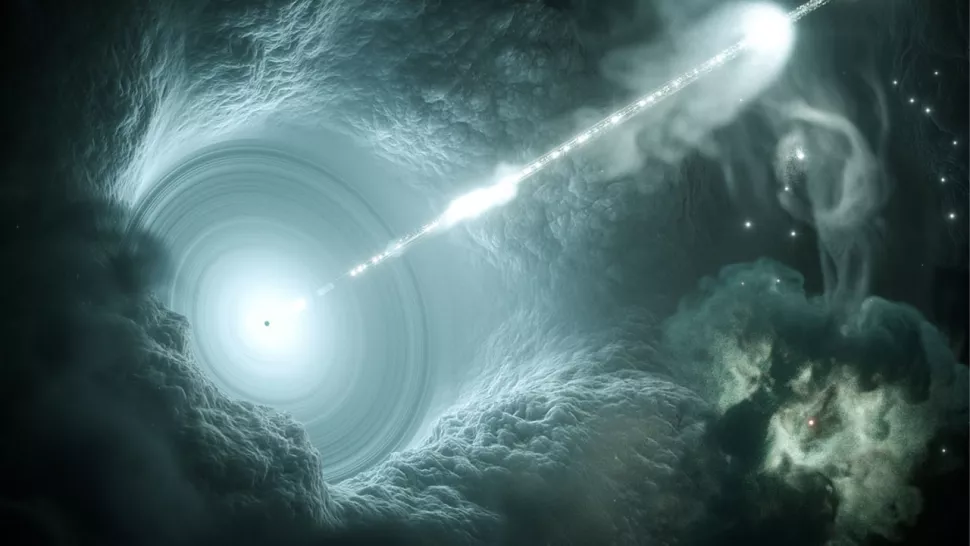MI weekly selection #478
MI weekly selection #478

Blazars draw power from black holes
High-energy particles such as neutrinos and cosmic rays that pummel the Earth from the depths of space originate in actively galactic nuclei fueled by giant black holes, known as blazars. “The discovery of the connection between these objects and the cosmic rays may be the ‘Rosetta stone’ of high-energy astrophysics,” says astronomer Andrea Tramacere.
Full Story: Space.com
‘New’ set of chemical reactions generates building blocks of life
A team of researchers exploring the origins of life on Earth have discovered a set of chemical reactions that generate the basic building blocks of DNA and proteins. The set of reactions uses chemicals thought to be common on early Earth — ammonia, carbon dioxide and cyanide — to generate amino and nucleic acids.
Full Story: ScienceDaily
Tiny crustaceans take on role of sea pollinator
According to a new study published in Science, a tiny crustacean known as Idotea balthica acts as an aquatic pollinator for one species of seaweed. The crustaceans spread spermatia — the seaweed’s equivalent of pollen — on the fronds of Gracilaria gracilis plants as they move about in search of food.
Full Story: The New York Times
Scientists tie ancient warming to massive carbon release
The sudden release of carbon dioxide below the North Atlantic seafloor may have contributed to a 170,000-year-long warming event that occurred 56 million years ago. Researchers, who studied volcanic rocks in sediment cores, say the lithosphere may have stretched, allowing carbonates to rise to the surface and melt.
Full Story: Eos
Ultra-processed foods linked to dementia risk
Replacing ultra-processed foods including sugary drinks and snacks and those high in fat and salt, with the same amount of minimally processed foods was associated with a 19% reduction in dementia risk, according to a study that followed 72,083 adults 55 or older. Ultra-processed foods “may also contain food additives or molecules from packaging or produced during heating, all of which have been shown in other studies to have negative effects on thinking and memory skills,” said study co-author Huiping Li.
Full Story: MedPage Today